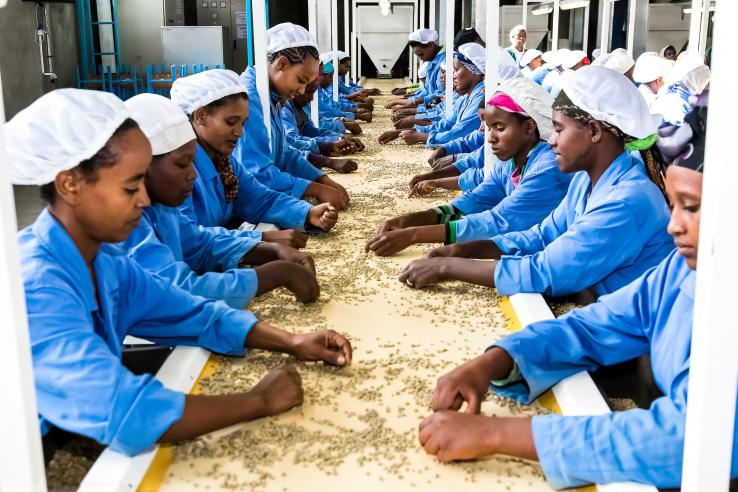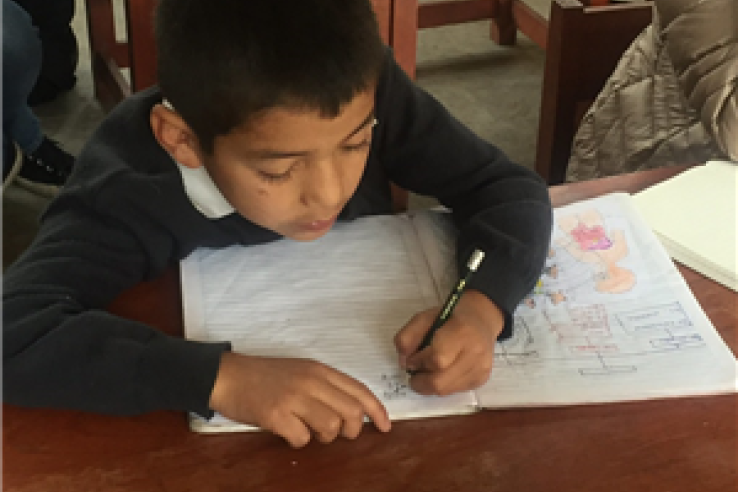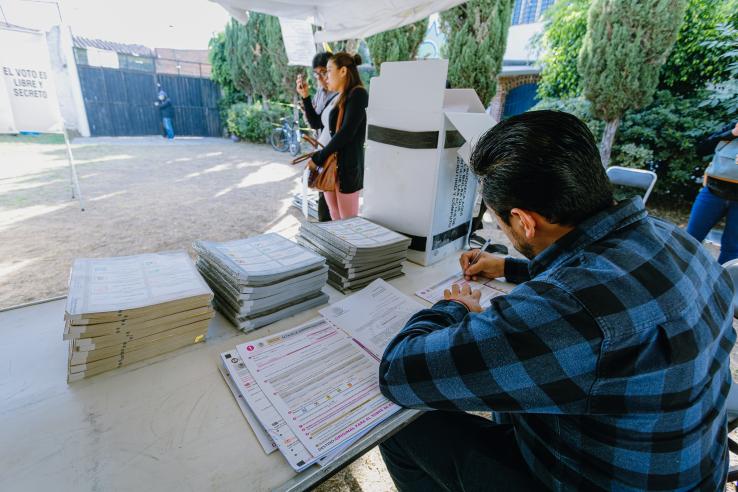Displaying 7696 - 7710 of 8331
Evaluation
Researchers evaluated and compared the impact of two different job search assistance policies on employment outcomes for young job seekers in Addis Ababa. Helping youth signal their skills to employers improved their earnings and job duration four years later, especially for youth who would usually fare the worst in the labor market. Reducing the cost of job search through a transportation subsidy improved the likelihood of having a formal job in the short run, but had no impact after four years.
Evaluation
Researchers conducted a randomized evaluation to measure the impact of an information program on parental school choice and long-term student achievement. They found that the intervention shifted household school choices of those who were not enrolled before the intervention toward establishments with higher average test scores, higher value add, higher prices, and schools that tend to be further from their homes.
Evaluation
Researchers conducted a randomized evaluation to improve the quality of job matches in South Africa. They matched applicants to entry-level vacancies using different types of information: workers’ preferences for job types; communication and socio-emotional skills; or grades and work experience.
Update
J-PAL Updates
J-PAL Latin America and the Caribbean (LAC) promotes J-PAL's campaign The Evidence Effect, celebrates a new Co-Scientific Director, launches a podcast on education and establishes a partnership with UNICEF. Find the latest updates on policy-relevant research, initiatives, courses, events, resources...
Evaluation
Researchers evaluated an accountability workshop program, which educated citizens on the distribution of extractive industry tax revenues and the formal means of local political participation. The program had mixed results on local government quality, increasing the likelihood of initiating recall against poor-performing mayors but also increasing civil unrest. The workshops also reduced involvement in participatory budgeting, as well as reducing mayors’ discretionary spending efforts.
Evaluation
In this study, researchers are partnering with the national electoral authority to test a range of policy interventions designed to ultimately improve poll workers’ attendance during the 2017 state elections.
Evaluation
Researchers are partnering with the Mexico City Labor Court to evaluate whether rotating court notifiers across areas and casefiles can reduce incidences of bribery, increase the notification rates, and improve the functioning of labor courts.
The Evidence Effect
Tutoring programs in the United States consistently lead to large improvements in learning outcomes across a range of school grades and educational settings.
The Evidence Effect
Paid summer jobs programs level the playing field for young people from low-income communities, raising summer employment rates and income and reducing involvement with the criminal legal system.
Person
The Evidence Effect
Evidence-informed policy labs in governments help agencies pilot, test, and scale effective solutions for priority issues while also strengthening data and evidence use capacity.
Person
Brynn Fieldhouse is a Senior Operations Associate at J-PAL Global where she provides operational support to the Research, Education, and Training (RET) vertical. For the Education team, she works on the MITx MicroMasters and the master’s program in Data, Economics, and Design of Policy (DEDP).
Person
Maria Rhomari is a Policy Manager at the Morocco Employment Lab where she collaborates with organizations and policy makers to develop evaluation projects and enhance evidence-based policies and programs. Her expertise lies in economic development, with a focus on social protection, labor and...
Event
O programa MicroMasters® em Dados, Economia e Design de Políticas (DEDP) oferece a estudantes habilidades práticas e conhecimento teórico para enfrentar alguns dos desafios mais urgentes em todo o mundo.










